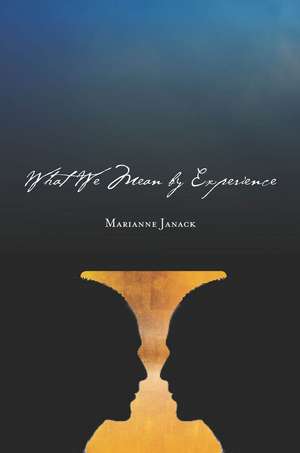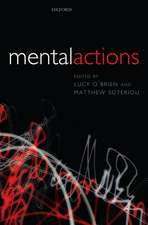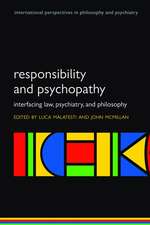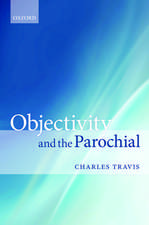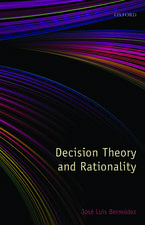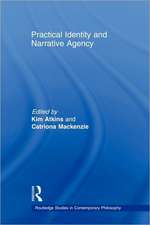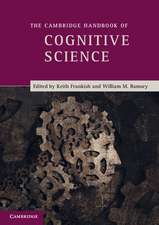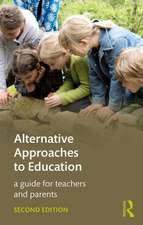What We Mean by Experience
Autor Marianne Janacken Limba Engleză Hardback – 6 noi 2012
Social scientists and scholars in the humanities all rely on first-person descriptions of experience to understand how subjects construct their worlds. The problem they always face is how to integrate first-person accounts with an impersonal stance. Over the course of the twentieth century, this problem was compounded as the concept of experience itself came under scrutiny. First hailed as a wellspring of knowledge and the weapon that would vanquish metaphysics and Cartesianism by pragmatists like Dewey and James, by the century's end experience had become a mere vestige of both, a holdover from seventeenth-century empiricist metaphysics. This devaluation of experience has left us bereft, unable to account for first-person perspectives and for any kind of agency or intentionality.
This book takes on the critique of empiricism and the skepticism with regard to experience that has issued from two seemingly disparate intellectual strains of thought: anti-foundationalist and holistic philosophy of science and epistemology (Kuhn and Rorty, in particular) and feminist critiques of identity politics. Both strains end up marginalizing experience as a viable corrective for theory, and both share notions of human beings and cognition that cause the problem of the relation between experience and our theories to present itself in a particular way. Indeed, they render experience an intractable problem by opening up a gap between a naturalistic understanding of human beings and an understanding of humans as cultural entities, as non-natural makers of meaning. Marianne Janack aims to close this gap, to allow us to be naturalistic and hermeneutic at once. Drawing on cognitive neuroscience, the pragmatist tradition, and ecological psychology, her book rescues experience as natural contact with the world.
This book takes on the critique of empiricism and the skepticism with regard to experience that has issued from two seemingly disparate intellectual strains of thought: anti-foundationalist and holistic philosophy of science and epistemology (Kuhn and Rorty, in particular) and feminist critiques of identity politics. Both strains end up marginalizing experience as a viable corrective for theory, and both share notions of human beings and cognition that cause the problem of the relation between experience and our theories to present itself in a particular way. Indeed, they render experience an intractable problem by opening up a gap between a naturalistic understanding of human beings and an understanding of humans as cultural entities, as non-natural makers of meaning. Marianne Janack aims to close this gap, to allow us to be naturalistic and hermeneutic at once. Drawing on cognitive neuroscience, the pragmatist tradition, and ecological psychology, her book rescues experience as natural contact with the world.
| Toate formatele și edițiile | Preț | Express |
|---|---|---|
| Paperback (1) | 159.34 lei 3-5 săpt. | |
| Stanford University Press – 6 noi 2012 | 159.34 lei 3-5 săpt. | |
| Hardback (1) | 614.47 lei 6-8 săpt. | |
| Stanford University Press – 6 noi 2012 | 614.47 lei 6-8 săpt. |
Preț: 614.47 lei
Preț vechi: 758.60 lei
-19% Nou
Puncte Express: 922
Preț estimativ în valută:
117.58€ • 123.09$ • 97.29£
117.58€ • 123.09$ • 97.29£
Carte tipărită la comandă
Livrare economică 05-19 aprilie
Preluare comenzi: 021 569.72.76
Specificații
ISBN-13: 9780804776141
ISBN-10: 0804776148
Pagini: 216
Dimensiuni: 152 x 229 x 23 mm
Greutate: 0.41 kg
Ediția:New.
Editura: Stanford University Press
Colecția Stanford University Press
ISBN-10: 0804776148
Pagini: 216
Dimensiuni: 152 x 229 x 23 mm
Greutate: 0.41 kg
Ediția:New.
Editura: Stanford University Press
Colecția Stanford University Press
Recenzii
"In this engaging and highly readable book, Marianne Janack asks us to think about experience in a new and original way. She forges new connections across diverse philosophical and other scholarly positions, each time bringing the reader back to different ways of considering experience."—Lorraine Code, York University
Notă biografică
Marianne Janack is Sidney Wertimer Professor of Philosophy at Hamilton College.
Descriere
This book explores how theories of experience reflect the tension between our understanding of ourselves as language-users who produce culture and our understanding of ourselves as information-processing animals who respond to stimuli.
